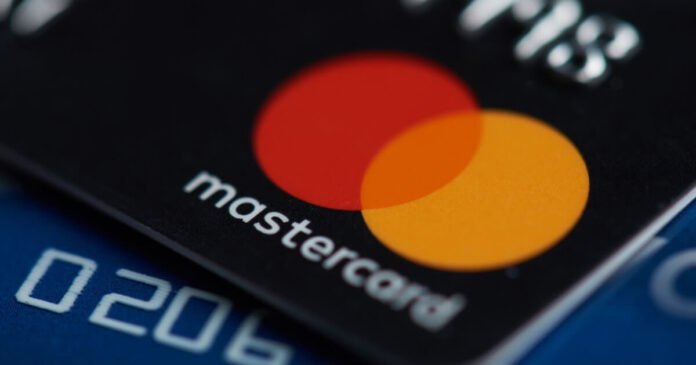Central bank digital currencies (CBDCs), sometimes known as digital versions of fiat money backed by governments, are acquiring a substantial amount of traction around the globe. 93% of central banks are now involved in operations connected to CBDCs, and four retail CBDCs are already in full circulation, according to statistics from the Bank for International Settlements.
Mastercard is taking the initiative to understand and implement CBDCs by adopting a proactive approach. Jesse McWaters, who is in charge of worldwide regulatory advocacy at Mastercard, brought attention to the fact that it is necessary to address a variety of difficulties, some of which include the role that the private sector plays in the issuing of CBDCs, as well as security, privacy, and interoperability.
Mastercard has launched its CBDC Partner Programme in order to encourage cooperation among industry professionals and propel innovation in this space. Ripple, Consensys, Fluency, and Idemia, as well as Consult Hyperion, Giesecke+Devrient, and Fireblocks, are among the illustrious companies that have joined forces with this programme as partners. These organisations are hard at work on a variety of CBDC-related fronts right now. For example, Ripple very recently worked with the Republic of Palau to develop a government-issued national stablecoin, and the company is also participating in four CBDC pilots at the moment.
The head of digital assets and blockchain at Mastercard, Raj Dhamodharan, recently gave a presentation in which he emphasised the significance of payment interoperability as well as the convenience of CBDCs. He made the following statement: “As we look ahead towards a digitally driven future, it will be essential that the value held as a CBDC is as easy to use as other forms of money.”
Sebastian Baierle, who works at G+D as the manager of strategic alliances for CBDC, brought attention to the many goals that governments have in mind regarding CBDCs. For example, the Bank of Ghana wants to bring more people into the formal financial market by using CBDCs, but the Swedish central bank is primarily concerned with ensuring that customers have access to money that is directly guaranteed by the central bank.
Image source: Shutterstock
Credit: Source link






















 Bitcoin
Bitcoin  Ethereum
Ethereum  XRP
XRP  Tether
Tether  Solana
Solana  USDC
USDC  Dogecoin
Dogecoin  Cardano
Cardano  Lido Staked Ether
Lido Staked Ether  TRON
TRON  Chainlink
Chainlink  Avalanche
Avalanche  Wrapped Bitcoin
Wrapped Bitcoin  Wrapped stETH
Wrapped stETH  Stellar
Stellar  Sui
Sui  Hedera
Hedera  Toncoin
Toncoin  Shiba Inu
Shiba Inu  Litecoin
Litecoin  WETH
WETH  Polkadot
Polkadot  Hyperliquid
Hyperliquid  LEO Token
LEO Token  Bitcoin Cash
Bitcoin Cash  Bitget Token
Bitget Token  Uniswap
Uniswap  USDS
USDS  Wrapped eETH
Wrapped eETH  Ethena USDe
Ethena USDe  Pepe
Pepe  NEAR Protocol
NEAR Protocol  MANTRA
MANTRA  Official Trump
Official Trump  Ondo
Ondo  Aave
Aave  Aptos
Aptos  Internet Computer
Internet Computer  Monero
Monero  WhiteBIT Coin
WhiteBIT Coin  Ethereum Classic
Ethereum Classic  Mantle
Mantle  Bittensor
Bittensor  Cronos
Cronos  POL (ex-MATIC)
POL (ex-MATIC)  Dai
Dai  OKB
OKB 
